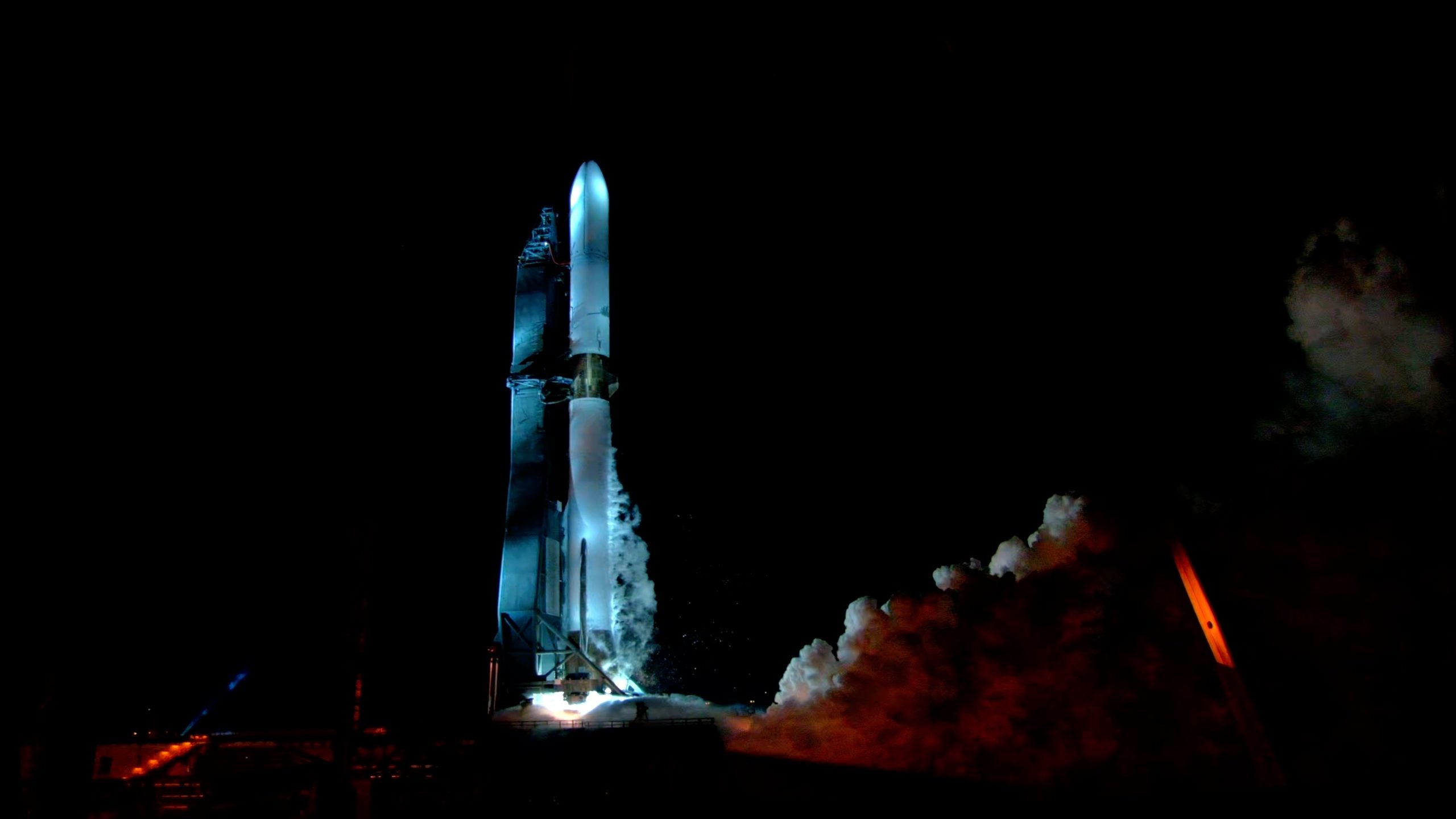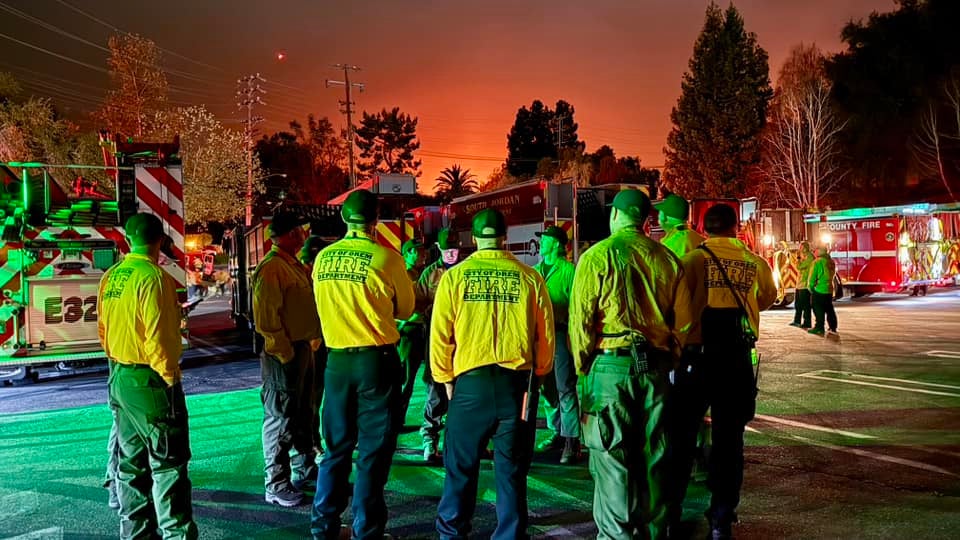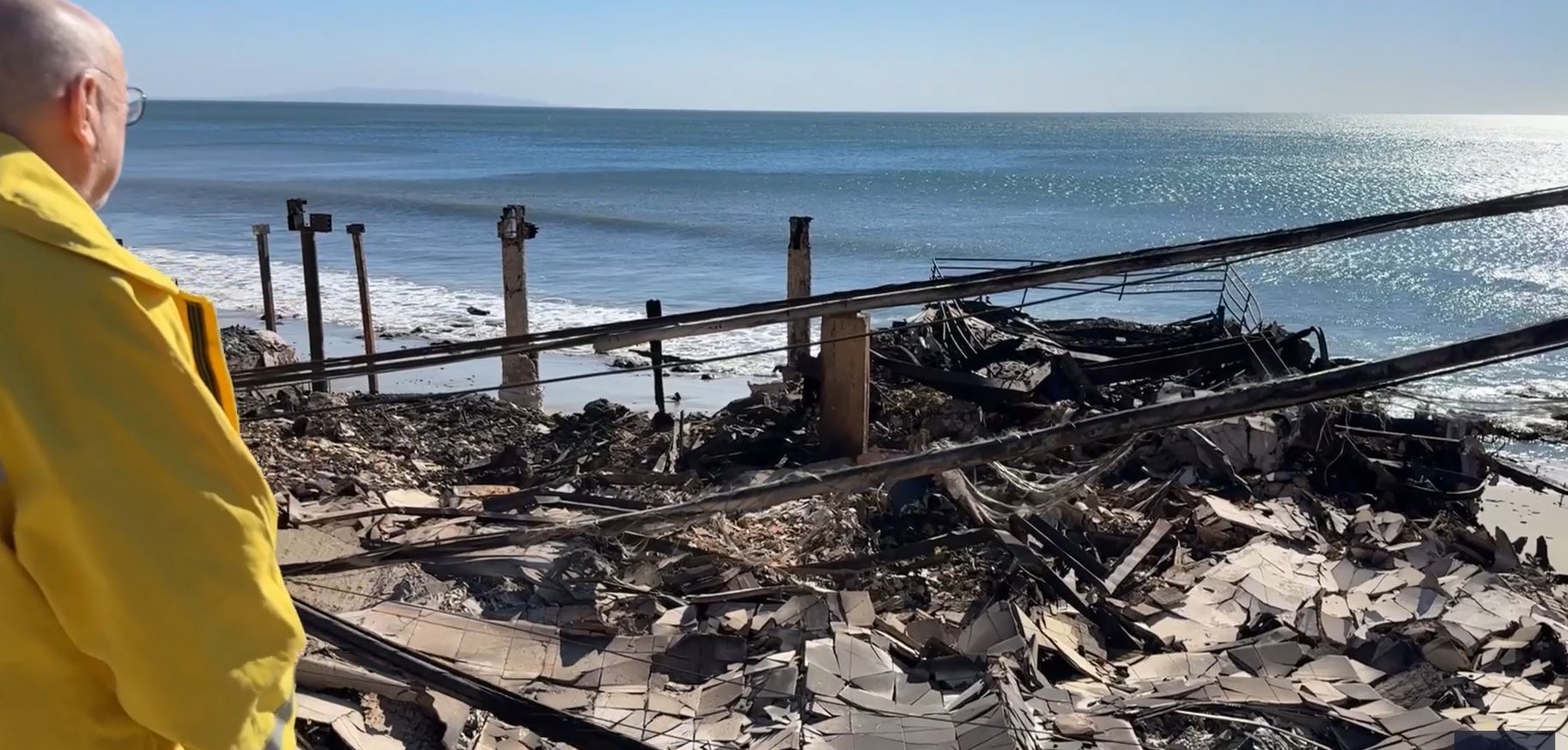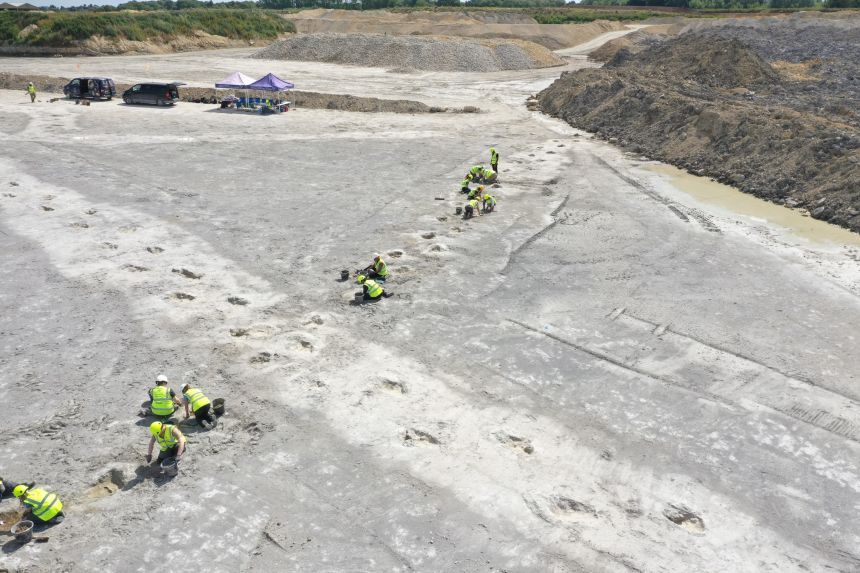CAPE CANAVERAL, Fla. – Commercial space company Blue Origin is ready to start the new year with the anticipated first launch of its 320-foot-tall New Glenn rocket from Florida. After receiving its launch license from the Federal Aviation Administration and completing a hot fire of its seven engineers in a launch dress rehearsal, Blue Origin said it is on the verge of its inaugural New Glenn rocket launch from Launch Complex 36 at Cape Canaveral Space Force Station. While the company, founded by Amazon billionaire Jeff Bezos, has been launching to the edge of space on its New Shepard rocket from Texas since 2015, the New Glenn rocket is designed for low-Earth orbit and deep space missions, including to the Moon. The rocket was named after the late NASA astronaut John Glenn, the first American to orbit the Earth. BLUE ORIGIN’S LANDING SHIP ARRIVES IN FLORIDA AHEAD OF FIRST NEW GLENN ROCKET LAUNCHThe maiden flight of New Glenn has faced many delays over the years as Blue Origin worked to complete the testing and assembly of the reusable heavy-lift rocket. Blue Origin leaders say they are on the verge of this milestone test flight known as New Glenn-1 (NG-1).”Well, all we have left to do is mate our encapsulated payload…and then LAUNCH!” Blue Origin CEO Dave Limp said on X after the Dec. 27 hot fire test.The test was the first time all seven BE-4 engines were fired simultaneously for 24 seconds. Limp said the combined engines produce enough horsepower to propel two U.S. Navy nuclear-powered Nimitz aircraft carriers to “full tilt.”Blue Origin said that the test “met all objectives and marks the final major test prior to launch.”According to FAA advisories, Blue Origin is targeting liftoff no earlier than Jan. 6, with Jan. 7 as a backup launch date. However, this is subject to change, and Blue Origin has not announced a launch date and time. The NG-1 flight will carry a test payload, including a 45,000-pound mass simulator.Blue Origin’s first flight with New Glenn was to launch a NASA Mars spacecraft, but the U.S. space agency opted to delay the launch until spring 2025.Launching a test payload will allow the company to work toward certifying the rocket with the U.S. Space Force for the National Security Space Launch (NSSL) program.After liftoff, Blue Origin plans to attempt a landing of New Glenn’s 188-foot-tall first-stage booster on its marine landing vessel “Jacklyn.” The ship has been docked at Port Canaveral in anticipation of the first launch and landing attempt since September. Like SpaceX’s droneships, Blue Origin’s ship is autonomous, and no one will be onboard Jacklyn when the New Glenn booster returns for landing.Blue Origin has customers in the wings waiting for vehicles to fly on New Glenn, including Amazon’s Project Kuiper – a direct competitor to SpaceX’s Starlink internet satellites – and a mix of government and commercial payloads. Like all things in spaceflight, a successful launch and landing on the first try would be impressive, but nothing is guaranteed except an exciting first attempt from Blue Origin and the New Glenn team.







